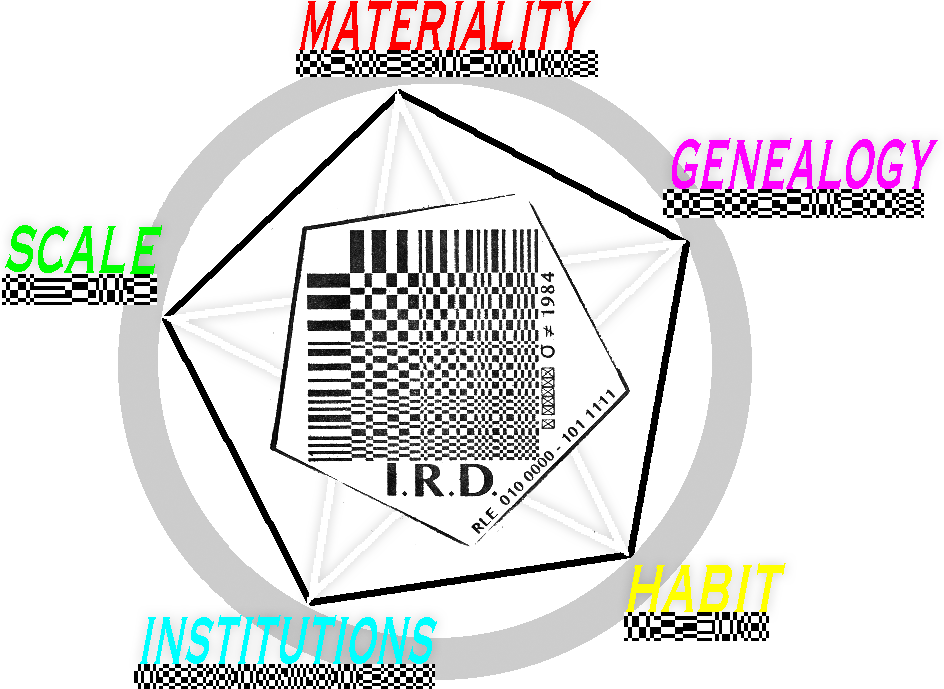The accident doesn’t equal failure, but instead erects a new significant state, which would otherwise not have been possible to perceive and that can “reveal something absolutely necessary to knowledge.”
Lotringer, Sylvere and Paul Virilio. The Accident of Art. Semiotext(e): New York, 2005. p. 63.
A small text published the Pursuit of Failure symposium catalogue
The Tipping Point of Failure
The concepts of success and failure can be understood as a tradeoff of each other. So, if we want to understand success and reach achievements, we also have to understand failure – a study about failure is also a study about success. This is one of the premises for the Pursuit of Failure symposium in Berlin.
Over the last months I have visited many different failure related (glitch in particular) conferences // festivals // symposia and I have learned a lot from the different voices and perspectives within this field that is, time and time again, referred to as "in a constant state of flux", "new", "other" or even "indescribable".
The more people on the floor or in the conversation about glitch, the more diverse the perspectives on glitch become; the meaning of a glitch depends greatly on the technology, background and the perspective that is taken by the person experiencing or talking about it.
But however mysterious the definition of glitch is, I have also seen some very pronounced patterns emerge between the different with failure induced glitch events (some problems, subjects, frameworks or keywords kept floating to the surface – and seem to be the focal points of glitch theory at this point). Which have made me wonder – if the glitch (or noise or failure) subject is really in such a state of flux, or indefinable, how is it possible in the first place to have a reasonable conversation about it? The following is a reflection of my thoughts about this problem of glitch theory.
First of all, theorists seem to approach a new subject with a standard framework; they know which perspectives will be most likely to advance the learning about an unknown area – they use a sort of logic to conquer an unknown territory (I don’t know if this is a result of instinct or learning). There might even be a readymade paradigm that can be used more widely to attack ‘the unknown’, and to frame it – to help make sense of this ‘unknown’, or a comprehensive set of critical concepts that can be easily applied to frameworks of different subjects.
I am thinking about standard issues in new paradigms like P/politics, memory, genre, ethics, aesthetics, history, economy etc that, in every other conference I have attended had a panel named or referencing them, while words like “the other”, transgressive, affect, gender or paradoxical seem to have become terms that are part of the glitch b/lingo.
A question that I feel has to be overcome: when do we overcome glitch, failure or noise? Where do we conquer it until it no longer exists as a pure form, a form that invokes questions or that is about a process of surprise?
Questions that I would like to put more attention too are:
Where is the tipping point of failure?
Where is the tipping point of failure?
Is this tipping point maybe tied-in with the existence of a paradigm of glitch art – or a paradigm of failure?



No comments:
Post a Comment